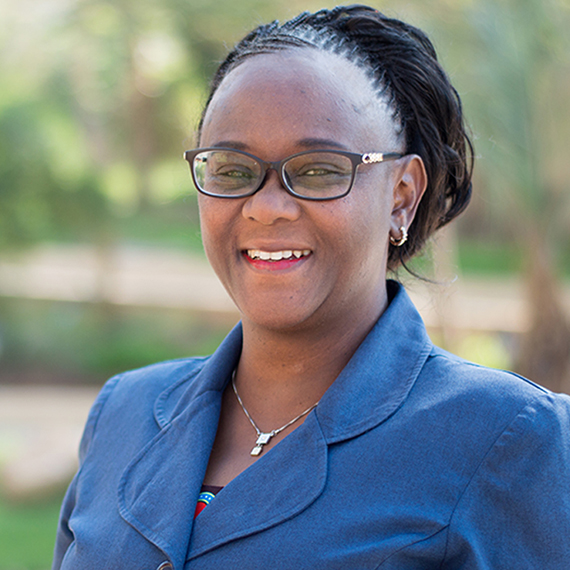Between 19 and 20 September 2023 after nine months of blockade, Azerbaijan launched a massive military attack on the Nagorno-Karabakh region, several were subjected to intensive shelling by the Azerbaijani armed forces. According to Human Rights Defender’s report as of September 20, at least 200 deaths and more than 400 wounded persons, including civilians, were reported. The number of injured people among the civilian population exceeded 40 persons, including 13 children. There were 10 confirmed civilian deaths, including 5 children. Further information about casualties was impossible to define objectively as the Nagorno-Karabakh state and municipal administrations were no longer functioning. Over 101,848 Armenians fled, more than 30,000 of them were children, 52% are women and girls, 31% are children, and 16% are people with disabilities. 98,000 displaced located across Armenia (with population of 2.8 million) People arrived in Armenia exhausted physically and mentally after nine months of blockade, waiting hours to cross the border with Armenia with many in shock. Malnutrition and stress were evident among the displaced population with problems especially severe among children and pregnant women. People arrived squeezed in cars and buses, with a few bags many people only managed to bring some clothes with them.
The displaced people are in urgent need of all types of support including shelter, daily essentials, warm clothes, shoes, food, kitchen utensils, bedding, hygiene supplies, heaters, furniture, etc. A total of 53,900 displaced are in temporary accommodation in state-provided facilities, others stay at relatives’ homes or find accommodation on their own. The movement of people to and from the region and villages is very high and will continue, as local authorities offer accommodation mainly in rural areas, mostly in empty houses lacking basic living, sanitary and hygiene conditions, such as water supply, bathrooms, etc. The influx of refugees has been so large that in many ways the lives of host communities, who are already overstretched, have been significantly affected. An estimated 95,000 people from host communities will require support.
ACT Alliance members Armenian Round Table and HEKS/EPER developed this appeal for a 12 months period to address the most urgent needs of affected people by providing Multi-purpose cash assistance and shelter as well as to facilitate access to livelihood and job opportunities.
ACT Appeal ARM231
ARM231 Results Framework




